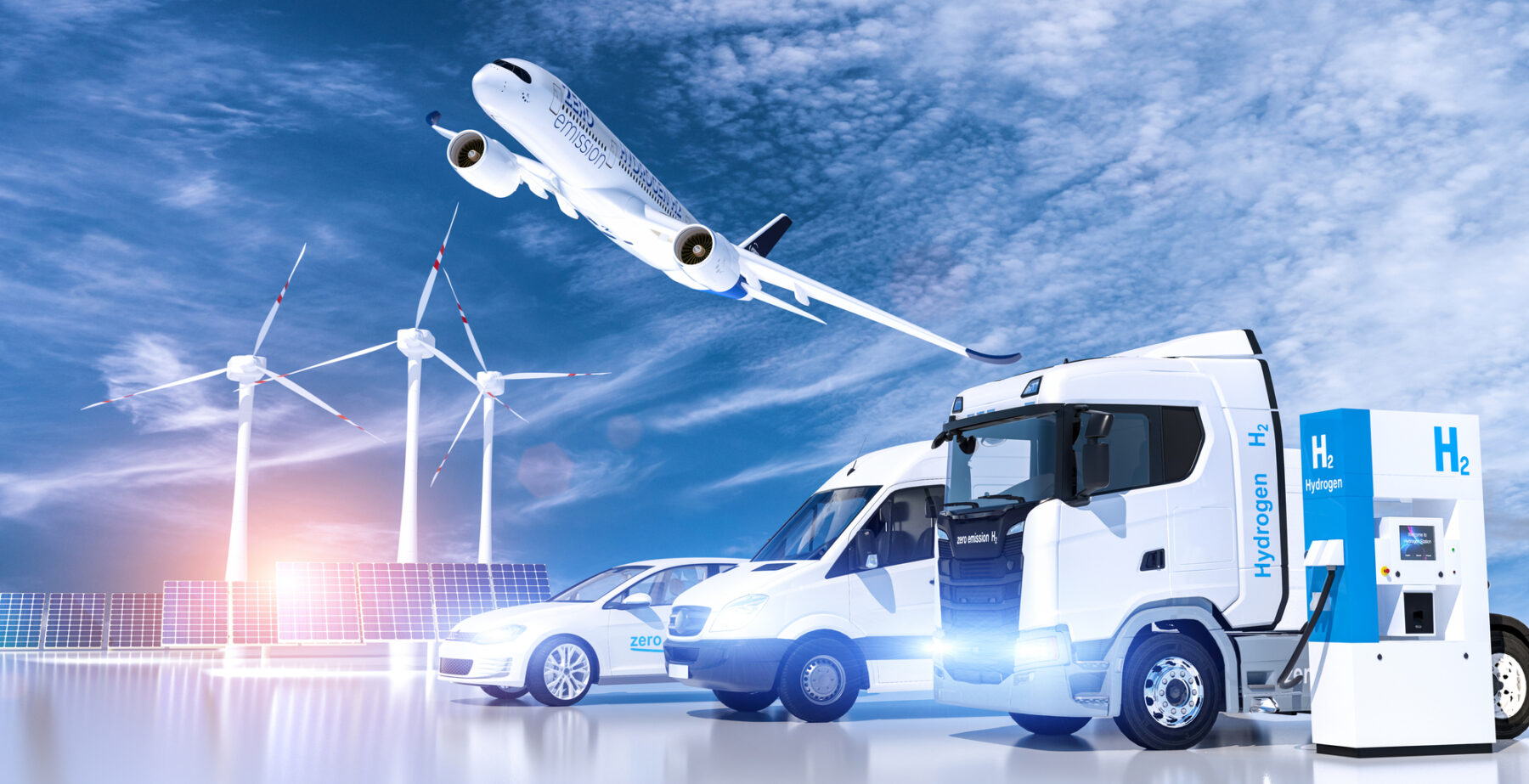The Ministry for the Ecological Transition and the Demographic Challenge (MITECO) has resolved the second call for incentive program 4 for the innovative and knowledge value chain of renewable hydrogen with an allocation of 44.2 million euros of NextGenEU funds from the Recovery, Transformation and Resilience Plan (PRTR) for 25 basic-fundamental research projects, innovative pilots and training in key technologies to promote the integration of this vector into the Spanish energy mix. The resolution can be consulted here.
Wide range of actions in the field of R&D&i
The proposals, selected through competitive competition by the Institute for Energy Diversification and Saving (IDAE), dependent on MITECO, cover a wide range of R&D&I activities. Predominate among them developments of electrolyzers in technologies that are not yet in the commercial phase and can improve their efficiency, sustainability or lower use of critical materials; and research into possible industrial applications and in logistics and distribution.
The successful bidders also include tests of mixed hydrogen generation systems with offshore wind energy, artificial photosynthesis, microwaves, ambient humidity and from wind energy or bioprocesses, waste and slurry. Nearly two-thirds of the proposals (63%) concern industrial research, while the remaining 37% concern experimental developments..
The selected projects are located in 10 autonomous communities. Madrid is the region that receives the largest allocation –8.10 million–, for the largest number of projects –four–. They are followed by the Valencian Community –6.89 million and three projects–; Andalusia, –6.31 million and three projects–; Basque Country, –6.06 million and 2 projects–; and Castilla-La Mancha – 5.34 million and three projects.
Three projects in Catalonia – endowed with 3.6 million euros – are also receiving incentives; two in Aragon –with 1.7 million–; another two in the Canary Islands –2.6 million–; two more in Castilla y León –1.9 million–; and one in Murcia – 1.4 million.
are among the beneficiaries Consortia or business groups with at least one participating SME stand out, followed by companies with their own legal personality, and the public sector, a category that includes the Technological Institute of the Canary Islands (ITC).
The following are involved in the implementation of the projects creation of more than 800 direct and indirect jobs. The award criteria also take into account the positive impact on areas of just transition and/or demographic challenge.
Decarbonising industry, steel, heavy transport and shipping
Line 4 of the H2 Value Chain program aims to stimulate basic fundamental research and experimentation, both for theoretical and practical purposes, such as development of new technologies, pilots and prototypes with industrial projection for the future in renewable hydrogen production, and that can be replicated on a commercial scale. These technologies are essential for decarbonizing energy-intensive economic sectors such as industry, steel, heavy transport and shipping, where electrification is not feasible.
The beneficiaries will have a maximum period of 36 months for the implementation of the actionsfrom the date of notification of the final decision granting the aid and three months before the justification of the action, from the date of expiry of the maximum period for implementation of the actions covered by the decision.
This second call It continues the previous line 4 of H2 Value Chain, with the same features, which resulted in the allocation of support amounting to 40 million to twenty projects in July 2023. HE
Renewable hydrogen value chain
The incentive program Renewable hydrogen value chain designed by MITECO also includes three other specific action lines: production of components and testing and/or production facilities, hydrogen mobility and large electrolyzers.
They are all included in the Component 9 ‘Roadmap for Renewable Hydrogen’ and in the Strategic Project for the Recovery and Economic Transformation of Renewable Energy, Renewable Hydrogen and Storage (PERTE ERHA)a program of measures to develop technology, knowledge, industrial capabilities and new business models that will strengthen our country’s leading position in renewable energy.
It will mobilize an investment of more than 16.3 billion euros, consisting of contributions from the recovery plan and private funds. Likewise, through the use of this assistance mechanism, progress is being made in achieving the objectives of the Roadmap for renewable hydrogenas well as in the draft update of the National Integrated Energy and Climate Plan, which foresees 11 GW of electrolysis by 2030which shows our country’s ambition to become a fundamental player in the field of green hydrogen in a European context.

